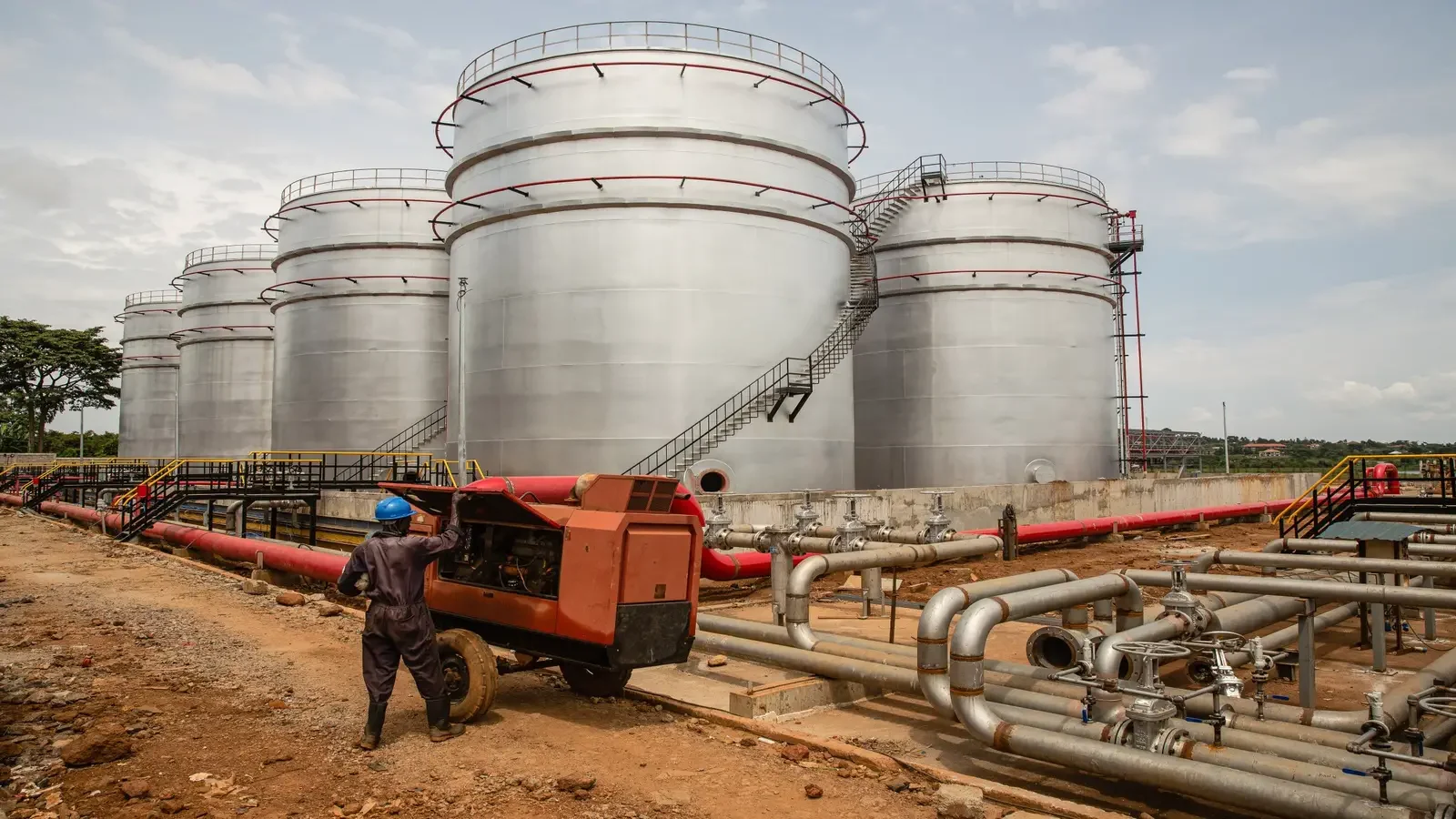Share
According to reports, since October 2023, Kenya has lost $200 million in exports to Uganda, its biggest regional market. This disclosure coincides with a growing controversy over the importation of petroleum products, which jeopardizes not only the two countries’ commercial relations but also large infrastructure expenditures.
The conflict escalated last week when Uganda announced its plan to move its oil imports to Tanzania. The move was made in response to what appears to be a standoff over Uganda National Oil Company (UNOC) registration in Kenya, which is necessary to enable imports through the Mombasa port.
During a news conference in Kampala, Uganda’s Minister of Energy, Ruth Nankabirwa, voiced her worries and emphasized that Kenya’s ongoing dissatisfaction with the UNOC arrangement presents a serious threat to Uganda’s fuel supply stability. She said that talks to investigate other routes are now in progress with Tanzania; she acknowledged that there would be logistical difficulties but expressed hope that tax waivers might be negotiated to make the process easier.
Reports state that Kenyan President William Ruto had first expressed support for Uganda’s decision. But when legal challenges were raised, the situation changed, leaving the Ugandan side confused and frustrated.
Kenya’s significant investments in oil infrastructure, such as the $170 million fuel jetty in Kisumu and the $385 million Kipevu Oil Terminal 2 (KOT2) in Mombasa, which was just opened last year, are seriously threatened if this ruling is upheld. The purpose of establishing these infrastructures was to double Uganda’s ability to handle petroleum products in transit, as well as those of Rwanda and Burundi.
The KOT2, which can manage up to four vessels at once, was intended to lower petroleum product costs by lowering demurrage expenses, which are a major cause of the high oil prices in the area. This terminal’s possible underutilization could be a major financial blow to Kenya.
A similar grim future awaits the $170 million gasoline jetty in Kisumu, which is controlled by the Kenya Pipeline Company. This infrastructure, which became online in January 2023, was underutilized due to the delay in finishing a matching facility in Uganda.
To lessen its dependency on imports, Uganda is currently concentrating on indigenous oil processing. The $4 billion refinery project has been selected for construction by Dubai company Alpha MBM Investments Llc, according to Energy Minister Ruth Nankabirwa’s announcement. Furthermore, China National Offshore Oil Corporation has been granted a license by Uganda to create liquefied petroleum gas at a factory that will be built in the Kingfisher development area, one of the country’s two commercial oil fields.
The economic consequences of the trade conflict are substantial for both countries as it develops. The importance of diplomatic resolution and cooperation between the two East African countries is highlighted by the possible loss of an important export market for Kenya and the threatened investments in infrastructure.









